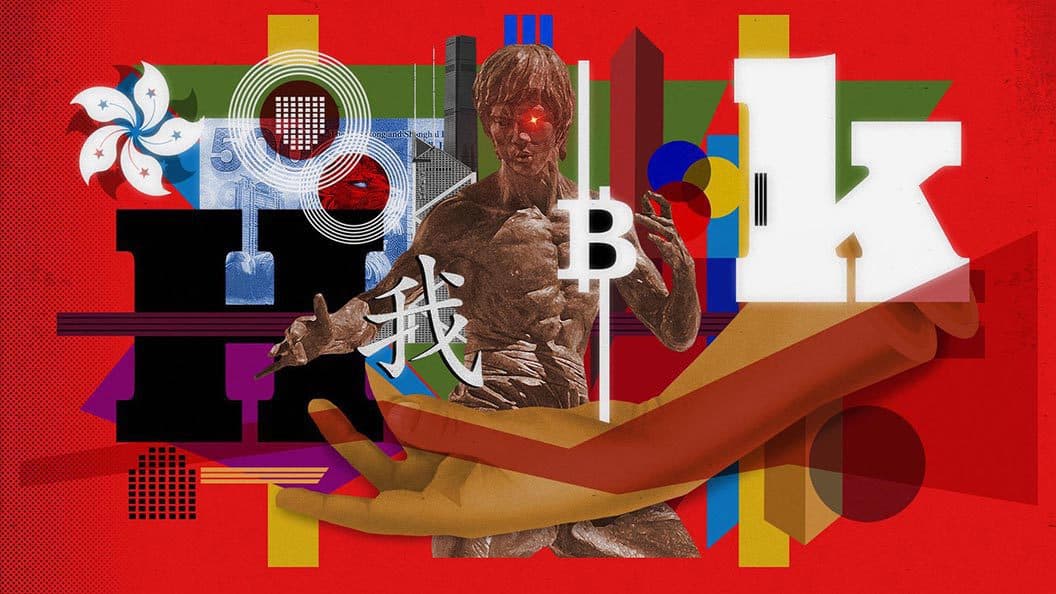Hong Kong Securities and Futures Commission Calls for Regulation of NFTs
The Hong Kong regulator warns investors of risks associated with investing in non-fungible tokens

Blockworks exclusive art by Axel Rangel
- The agency’s main concern lies in the securitization of NFTs
- Only licensed institutions can operate collective investment schemes
A Hong Kong Securities and Futures Commission statement published on Monday defines which NFTs fall under its mandate, while advising investors to be mindful of regulated securities.
The statement warned of risks such as “illiquid secondary markets, volatility, opaque pricing, hacking and fraud,” and cautioned that if investors “cannot fully understand them and bear the potential losses, they should not invest in NFTs.”
The Securities and Futures Commission (SFC) is particularly concerned about assets that “push the boundary between a collectible and a financial asset” — those that are structured like a security or a collective investment scheme (CIS).
A CIS is a type of investment arrangement to pool money around a certain asset or property. The Hong Kong Securities and Futures Ordinance (SFO) specifies that a CIS is managed in escrow, and its participants do not have day-to-day control over its management but are subject to receive profits, income or other returns.
A recent example includes the Royal Museum of Fine Arts Antwerp’s fractionalization and security token offering on the Polygon blockchain of James Ensor’s 1924 painting “Carnaval de Binche.”
While such fractionalized NFTs (non-fungible tokens) fall under the SFC’s mandate, NFTs of a digital image, artwork, music or video that represent a unique copy of an underlying asset do not.
The financial regulator stated that any Hong Kong residents who wish to issue NFTs or to target local investors must obtain a license from the SFC, or be subject to certain authorization requirements under the SFO.
Recently, Hong Kong also limited the sale of crypto spot ETFs to only professional investors, which it defined as those whose portfolio exceeds 8 million Hong Kong dollars (about $1.2 million). And the Hong Kong Monetary Authority deemed “payments-related stablecoins” as a risk to financial stability.
Get the news in your inbox. Explore Blockworks newsletters:
- The Breakdown: Decoding crypto and the markets. Daily.
- 0xResearch: Alpha in your inbox. Think like an analyst.






